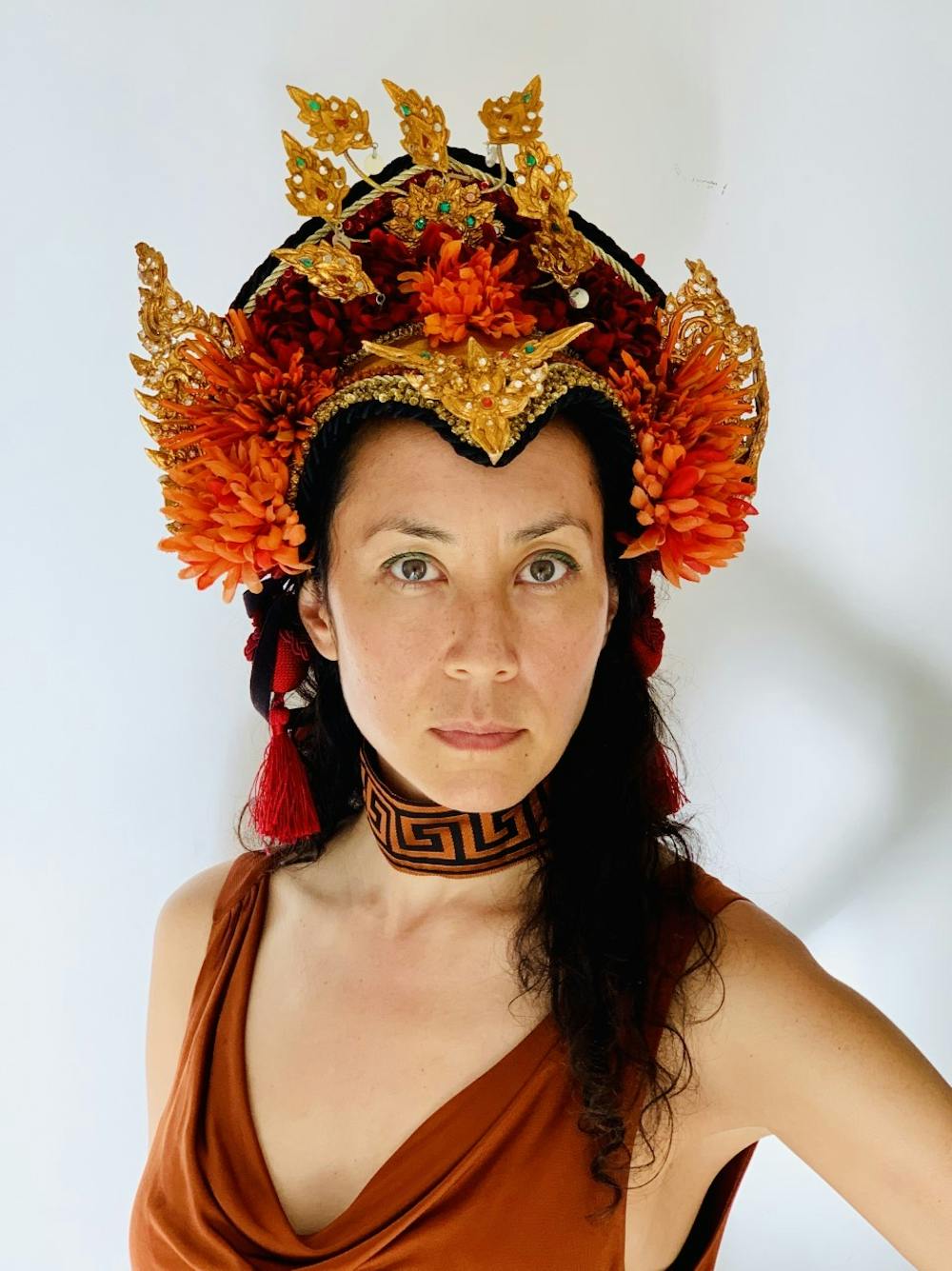21c Museum Hotel Durham is opening a new exhibition titled “The Future is Female,” centered around women-related issues and topics. The venue is hosting an opening reception Jan. 30 at 6 p.m., where the artists will hold a panel discussion and opening performance. This event is free and open to the public.
The exhibit, curated by 21c Chief Curator Alice Gray Stites, will feature work from three female artists each touching on different topics related to women empowerment or awareness. Audiences can expect to see how society interacts with women in regards to reproduction, education and civil liberties.
Marisa Morán Jahn is presenting three objects that are brought together by containing an unsuspecting element in order to advocate for women — and instill the faith that women can make decisions for themselves about their reproductive health.
“I'm interested in advocating for communal self-determination," Jahn said. "My piece raises questions about reproductive access, technology, rights and environmental health. So I'm presenting three copper-based technological devices that we use to enable fulfillment of desire.”
Jahn said her project started because she went through her medical records and discovered that her IUD was made of copper, a detail which made her question: “How do I not know the technology in my own body? Where does it come from?”
The second item in her instillation is a bronze pessary, an early contraceptive device used to control fertility and also enable desire, and the third item is a motherboard from the inside of a computer which uses copper for signals and connections.
Stacy Lynn Waddell’s work is centered around education as a source of power. She acts as a scientist using non-traditional printing techniques and materials to recreate images in a new light.
Her piece “Untitled (Graduate),” a gold leaf portrait of a 1960s graduation picture, will be featured in the exhibit. The photo that Waddell has recreated is her godmother's graduation photo. Waddell said that it is seemingly simplistic, but stands as a testament to women of color in a pre-Civil Rights movement.
“Education was something that people were denied and had to fight for," Waddell said. "You have to think about what was happening during that time, not just with Black people, but with women, and the specific problems that women had during the feminist movement. Black women are the most educated in America and yet, the same barriers from then (the 1960s) we are still having to break through and make our way to certain levels of success. The needle keeps moving.”




